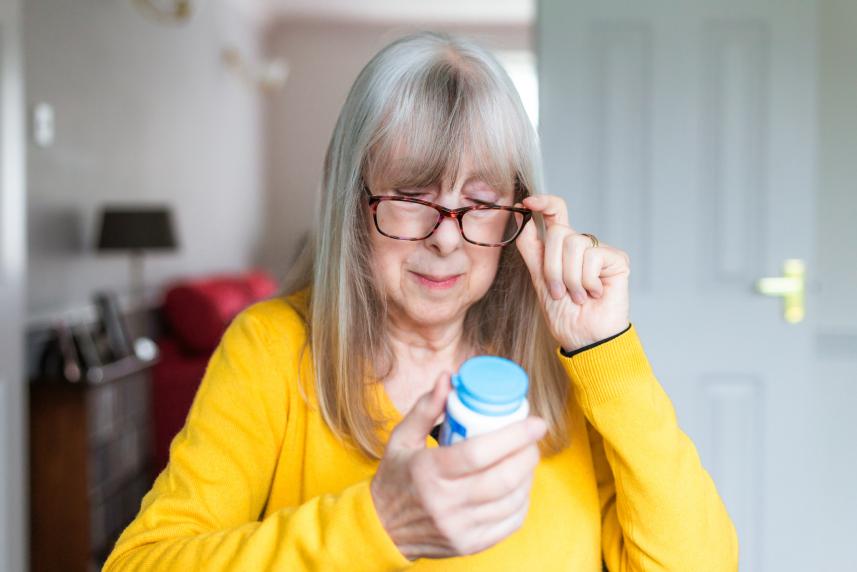Safeguard your physical health while taking certain types of medication
Try these tips to support your mind and body while taking mental health medications.

Mental well-being is a vital part of overall health. When mental health struggles show up — like mood changes, anxiety, or intrusive thoughts — they can affect both mind and body. Sometimes these feelings are triggered by stressful events, and other times they seem to come out of nowhere.
The good news: Mental health conditions are highly manageable. Many people benefit from psychotherapy (talk therapy), medication, or a combination of both.
Mental health medications work differently from many other prescriptions. They often target brain chemicals called neurotransmitters (like serotonin and dopamine) that influence mood and emotions. While these medications are safe and effective for most, some can cause side effects like weight gain, higher blood sugar, or increased cholesterol. That’s why regular check-ins and monitoring are key.
With the right care, potential side effects can be managed, so your treatment can continue to support both your mental and physical health. Keep yourself on track with these tips.
Schedule regular check-ins
Your care team will monitor your weight, blood pressure, blood sugar, and cholesterol. Regular lab work checks for glucose and lipid levels to catch any concerns early. If needed, your doctor can adjust your medications or recommend treatments to manage side effects.
Be sure to get lab work done promptly and share any side effects with your doctor right away.
Stick with your medication plan
If it’s time to stop or adjust your medication, your doctor will create a plan to taper safely. Stopping suddenly can cause withdrawal symptoms or a return of mental health issues. Always talk to your doctor before making changes.
Eat plenty of nutritious foods
Aim to eat three to four balanced, regular meals every day. Focus on fruits, vegetables, lean protein, and healthy fats, and limit salt, sugar, and alcohol. Good nutrition supports both mood and overall health.
Stay active
Physical activity boosts strength, supports a healthy weight, lowers blood sugar and cholesterol, and improves mood. Even small amounts of movement can make a big difference in how you feel. Be sure to stay hydrated, especially during exercise, as some medications can change how your body sweats and manages fluids.
Keep your providers connected
Coordinated care is key. Ask your behavioral health provider (like a therapist or psychiatrist) and your primary care doctor to share information about your treatment. You may need to sign a release form to allow them to communicate.


